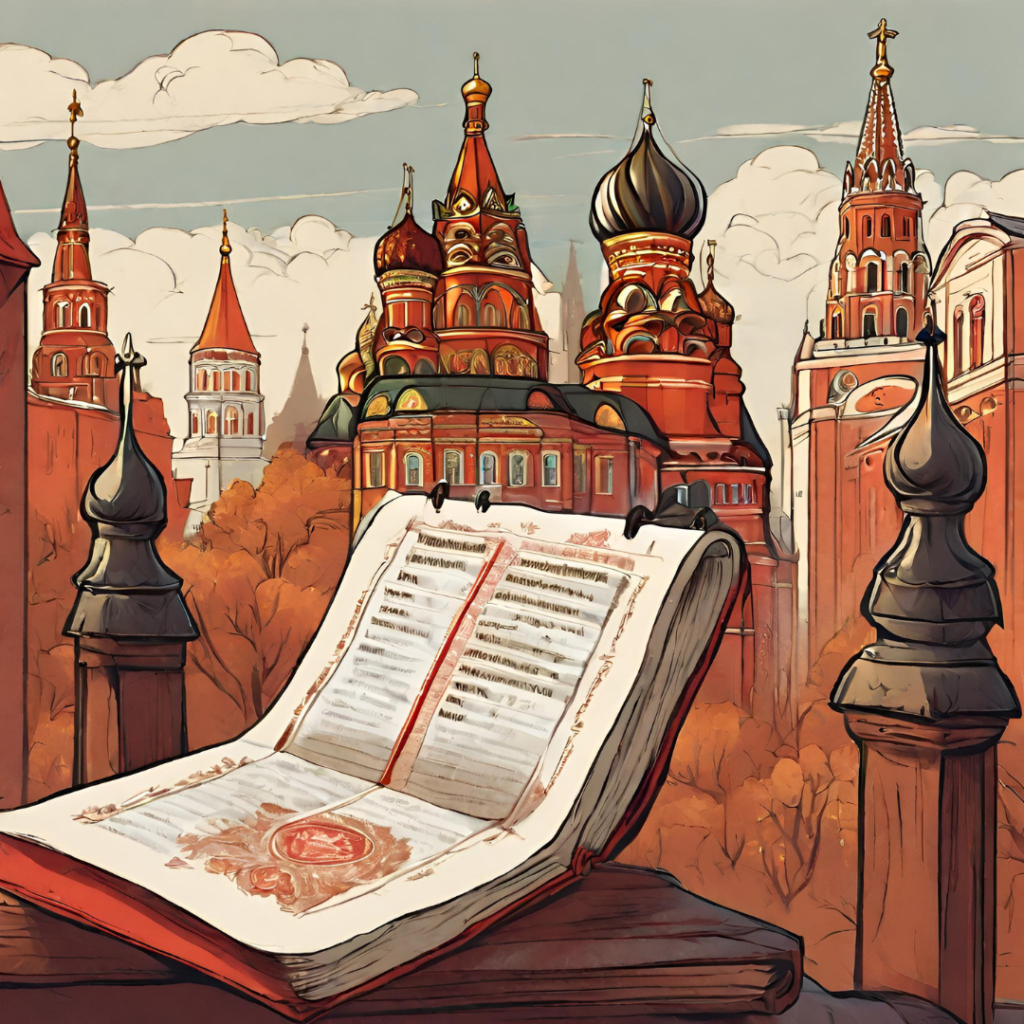Russian, a language as complex as it is fascinating, stands as an enigma for many translators. With its unique alphabet, vocabulary, and intricate grammar, it poses an intriguing challenge for those who delve into its depths. Surprisingly, it’s the native tongue of 154 million people across the globe.
Business ventures often find themselves at the crossroads of needing translations into Russian—a language so distinct from English that subpar translations can sometimes result in comical translation blunders. In this article, we reveal why you should exclusively entrust professional translators like us with your English to Russian translations.
Buckle up for a journey through the world of translations with unexpected twists and turns!

The Weeping Garden
Translators often stumble over a particular word when transitioning from Russian to English: “сад” (pronounced ‘sad’). In Russian, it means “garden.” Yet, oddly enough, you may encounter English signs that transliterate it as “sad.”
Imagine strolling into a garden only to be greeted by a melancholic, forlorn atmosphere. No one desires that!
The Name Conundrum
As in any language, Russian names often carry profound meanings. However, it’s vital to remember that these names should not be translated!
For instance, consider the name “Надежда” (Nadezhda), meaning “hope” in Russian—a common first name. Yet, a clumsy translation may inadvertently rechristen this individual with an entirely different moniker. This frequent error results from the translator’s failure to recognize it as a Russian name, misinterpreting it as an ordinary noun.
These slip-ups can lead to significant communication problems, underscoring the importance of name accuracy.
When Translation Takes a Back Seat
In 2010, the video game “Singularity” emerged, blending first-person shooting and time travel, with a setting in Russia. The game’s approach to Russian, however, was far from admirable.
Instead of genuine translations, it opted to transplant English words into the Cyrillic alphabet without further adaptation. Consequently, no-smoking signs on the walls read “но смокинг” instead of the correct “не курить.”
Words That Twist the Tongue
In Russian, the word “язык” serves as a dual-purpose term, meaning both “language” and “tongue.” English echoes this duality in phrases like “mother tongue.”
This inherent similarity can cause confusion, particularly on restaurant menus that have endured less-than-adept translation attempts. As a result, a menu may offer a “salad with a language” rather than a salad featuring tongue meat. Furthermore, the Russian term “салат” refers to both “salad” and “lettuce,” potentially causing chaos in supermarket produce sections.
Do Not Worry: Lost in Translation
If you ever encounter a hotel room door sign urging you not to worry, it may leave you with more questions than answers. You might wonder, “Why shouldn’t I worry? What’s amiss?”
This perplexing sign is found in some Russian hotels, marking a remarkable set of translation fiascos. While we are accustomed to the classic “do not disturb” sign, the Russian word for “disturb” is “беспокоить,” which intriguingly also means “worry.”
Hence, if you check into a Russian hotel room, you might encounter a sign instructing housekeepers not to “worry” you instead of “disturb” you. To add to the intrigue, “please make up the room” can be mistranslated as “please remove the room.” An adventure in misinterpretation, indeed.
The Bourne Identity’s Linguistic Espionage
In fiction, Jason Bourne is an elite superspy, an operative who navigates enemy territories and accomplishes missions undercover. However, his Russian passport, as seen in “The Bourne Identity,” would have undoubtedly exposed him. Why? His name reads as utter gibberish—’Лштшфум,’ far from any actual Russian surname. His purported Russian name, ‘Foma Kiniaev,’ fails to resemble a genuine Russian name.
Reddit sleuths uncovered the truth: this gibberish stems from typing ‘Jason Bourne’ on a Russian keyboard layout. A display of spy-craft at its most creative.
Sausage in Father-in-Law
In the realm of translation fails, adverbs and grammatical nuances hold the power to generate amusement. A common error often found on poorly translated Russian warning signs is the word “осторожно,” translated as “cautiously” instead of “caution.”
This leads to comical signs that instruct “cautiously glass.” Deciphering how “glass” becomes a verb is a conundrum in itself.
Trust in Expert Russian Translations
While the Russian language presents a formidable challenge, there’s no reason your business materials should fall prey to these incredible translation gaffes. We are seasoned translation professionals, ready to provide you with the finest Russian translations, no matter the context.
For additional information about our services and to get started, please don’t hesitate to reach out. The world of accurate Russian translations awaits.

